We’re accustomed to seeing interesting things in the jailbreak community. That’s why it may not come as much of a surprise that someone has used their ASUS ROG Ally handheld gaming system to jailbreak their checkm8-susceptible device.
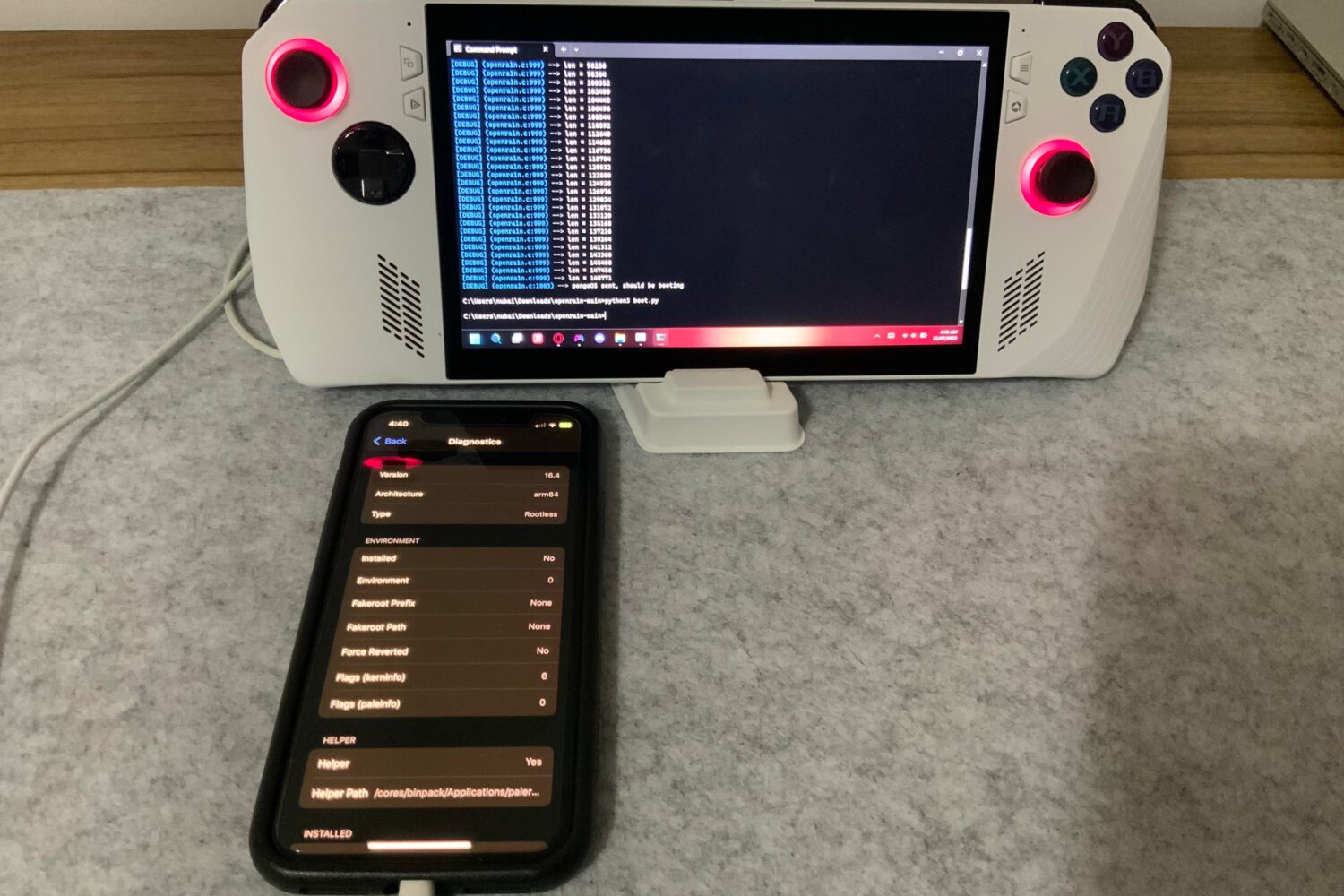
We’re accustomed to seeing interesting things in the jailbreak community. That’s why it may not come as much of a surprise that someone has used their ASUS ROG Ally handheld gaming system to jailbreak their checkm8-susceptible device.
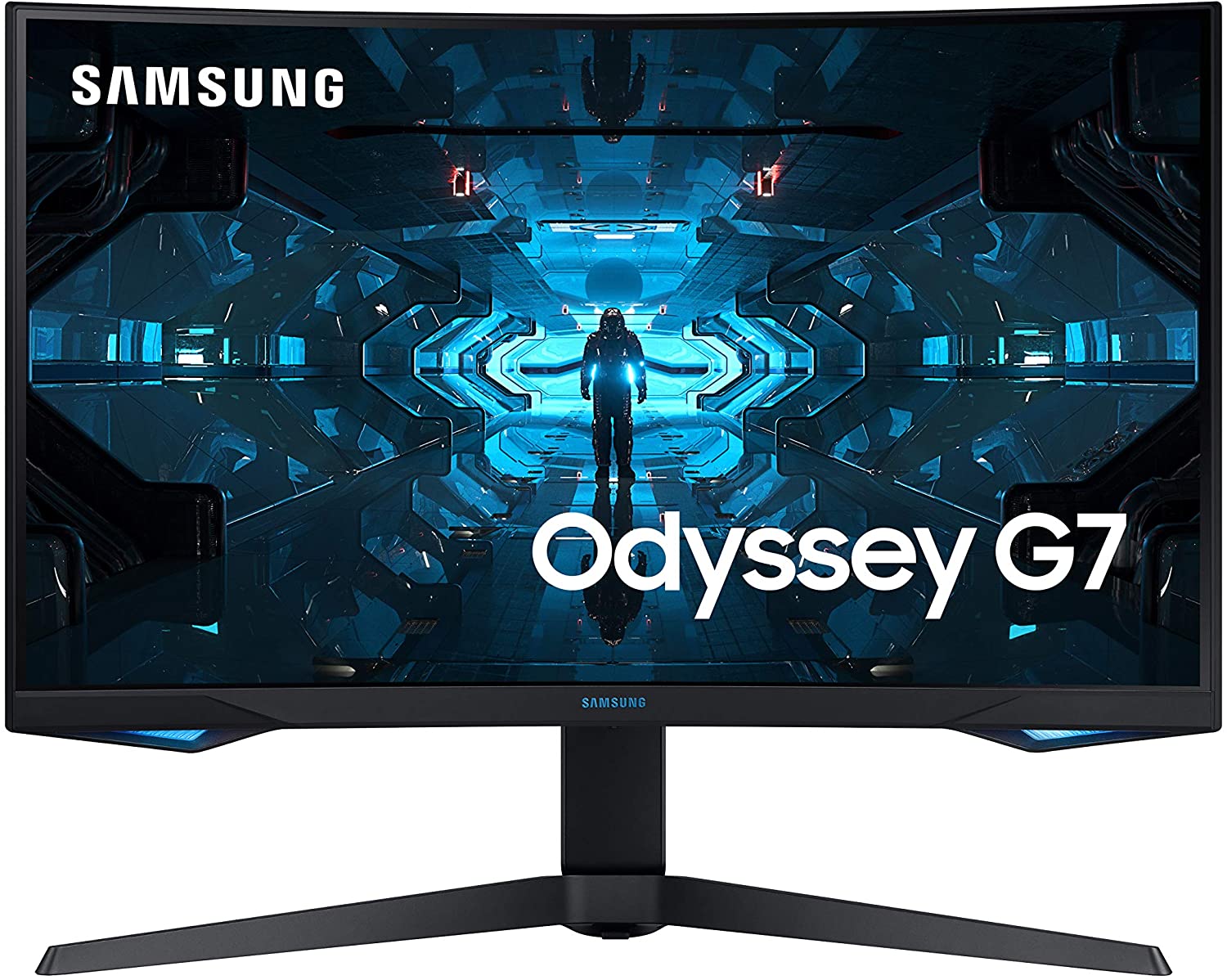
If you're in the market for a new standalone monitor, but want to focus on a big one versus multiple smaller options, a curved monitor might be the way to go.
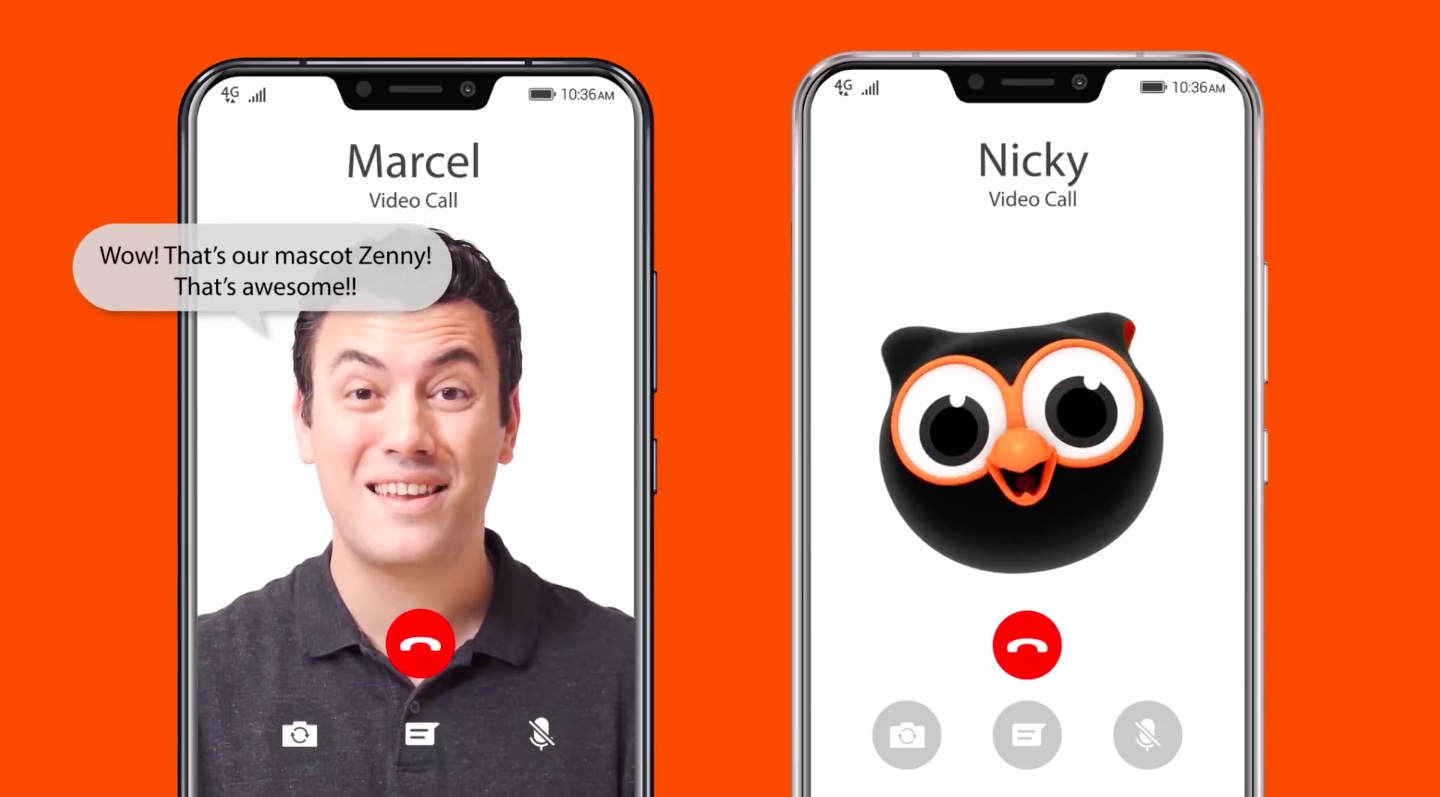
Asus yesterday at the Mobile World Congress trade show in Barcelona, Spain unveiled its latest ZenPhone 5 smartphone that proudly boasts a notch and... an Animoji clone, dubbed ZeniMoji.
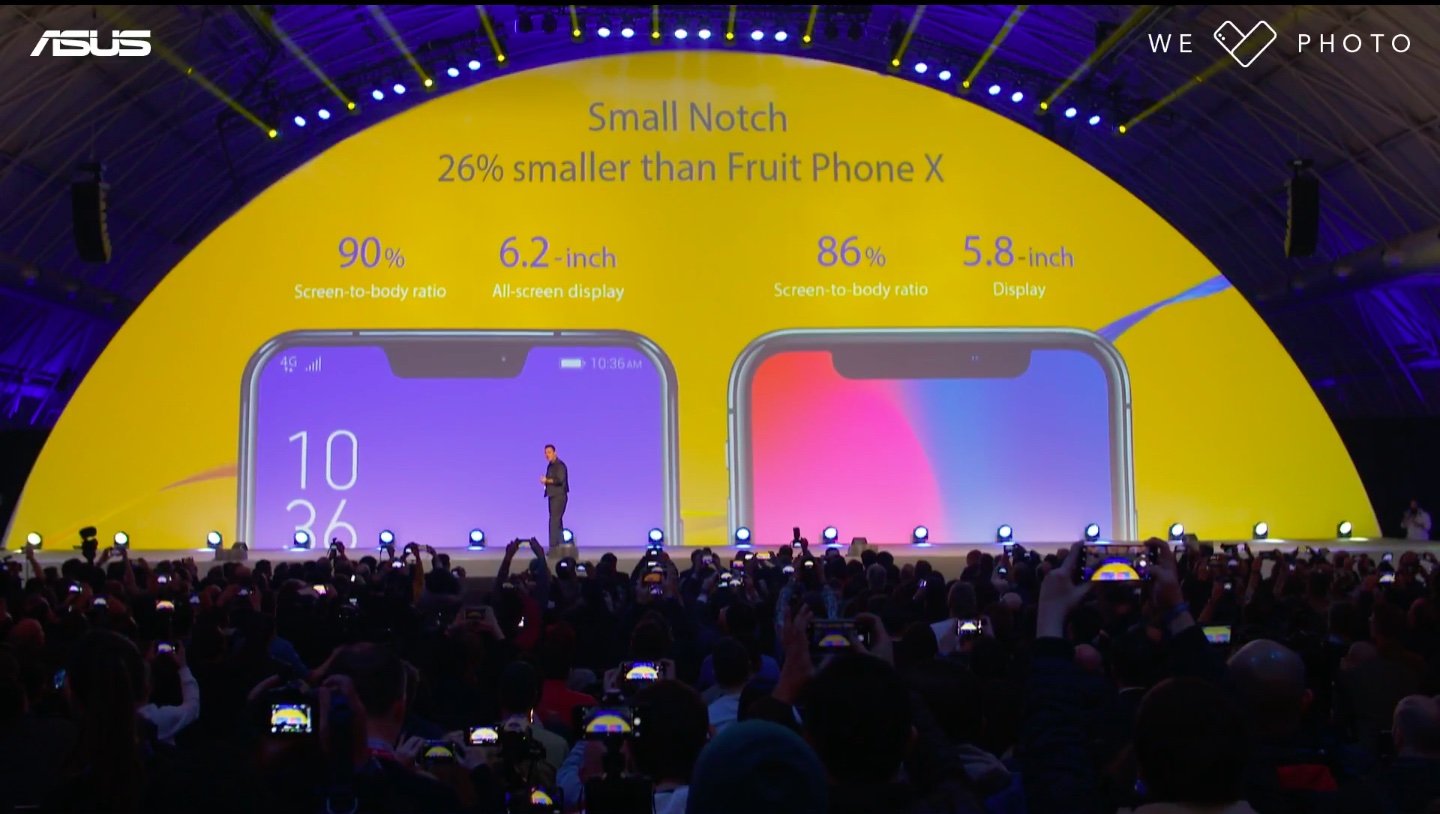
Remember when the iPhone X notch was widely ridiculed and mocked by competitors?
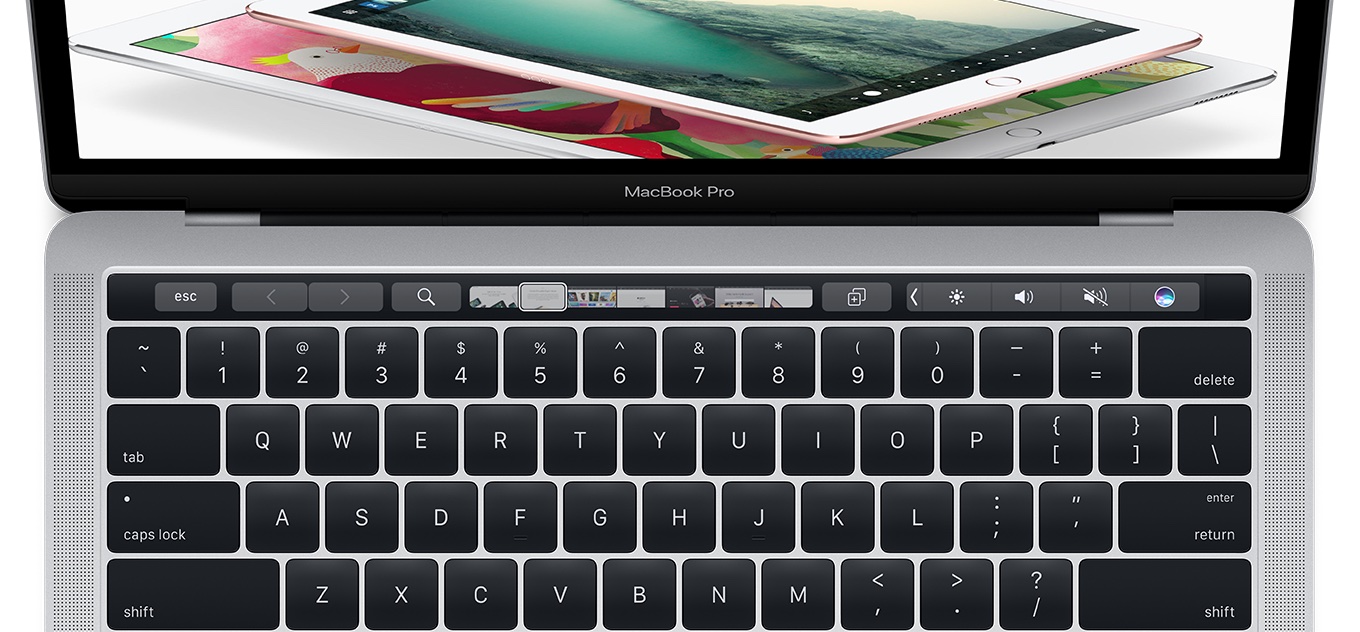
Windows maker Microsoft's new “Always Connected PCs” initiative focuses on helping computer manufacturers bring to market LTE-enabled notebooks that incorporate eSIM technology (not to be confused with Apple SIM). The company said at the Computex 2017 show this morning in Taipei that it will partner with PC vendors, carriers and chip makers like Intel and Qualcomm on the new initiative.
Created a year ago by Apple, Samsung and other players, these SIMs are embedded directly into a device and cannot be removed. But perhaps more important than that, eSIMs are universally compatible with all carriers and as such allow customers to sign up for a wireless service right on their device.
First LTE-enabled Windows notebooks featuring eSIM technology (via Qualcomm's Snapdragon 835 chipset) are on the way from ASUS, HP and Lenovo, said Microsoft. These new Intel x86-based devices will feature Windows 10, always-on LTE connectivity and “great battery life”.
Huawei, VAIO and Xiaomi are committed to Always Connected PCs using eSIM technology, too.
“There is a new generation of users that need to be connected to the cloud at all times. They are students, creators, freelancers, small businesses and enterprises,” said the Redmond firm.
“This means sharing experiences across screens and leveraging the latest network technology like gigabit LTE and eSIM.”
The eSIM standard works virtually anywhere in the world, meaning customers are able to switch carrier instantly, no paperwork or a physical SIM card required whatsoever. Apple owns a patent for an LTE-enabled MacBook with wireless antennas integrated within a hinge mechanism, as depicted on the patent drawing below.
Updated Mac notebooks are expected at WWDC next week, according to Bloomberg.
Ahead of the WWDC keynote, an Apple regulatory filing in Russia has identified five unreleased Mac notebooks, plus a next-generation Magic Keyboard and new iPad Pro models.
It's unclear if these refreshed MacBooks will feature embedded LTE connectivity, but if a next-generation MacBook with an eSIM is lying around somewhere in Jony Ive's basement now would be a good time to bring it to market.
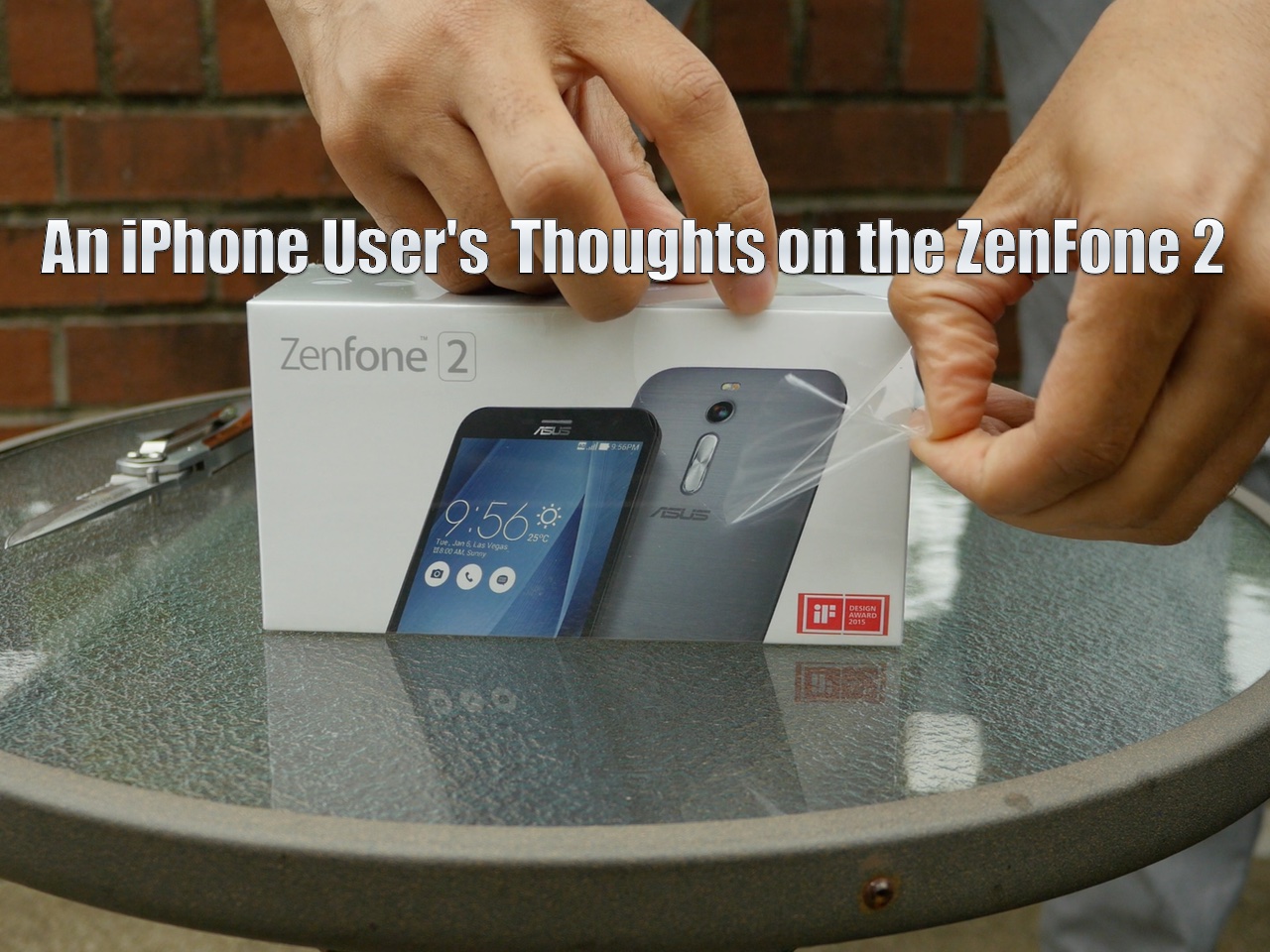
Today, I picked up the ZenFone 2 from Asus. It's a mid-tier Android phone with flagship specifications.
This phone is actually quite good from a pure specs perspective. It features 4GB of RAM, and it's one of the first phones to do so. It also packs in a 64-bit quad-core 2.3 Ghz Intel Atom processor, and 64GB of flash storage, expandable up to 128GB.
The screen is 5.5 inches, and it's roughly the same size as the iPhone 6 Plus, though a bit thicker. Needless to say, this ZenFone is firmly in the realm of the "phablet" and although it's selling at mid-tier prices at $299, it's got some decent specs.
In this review, which won't be your typical review where I spout off statistics and benchmarks, I look at 5 things that this phone does right, and 5 things that it does wrong—all fed through my iPhone-tinted glasses.
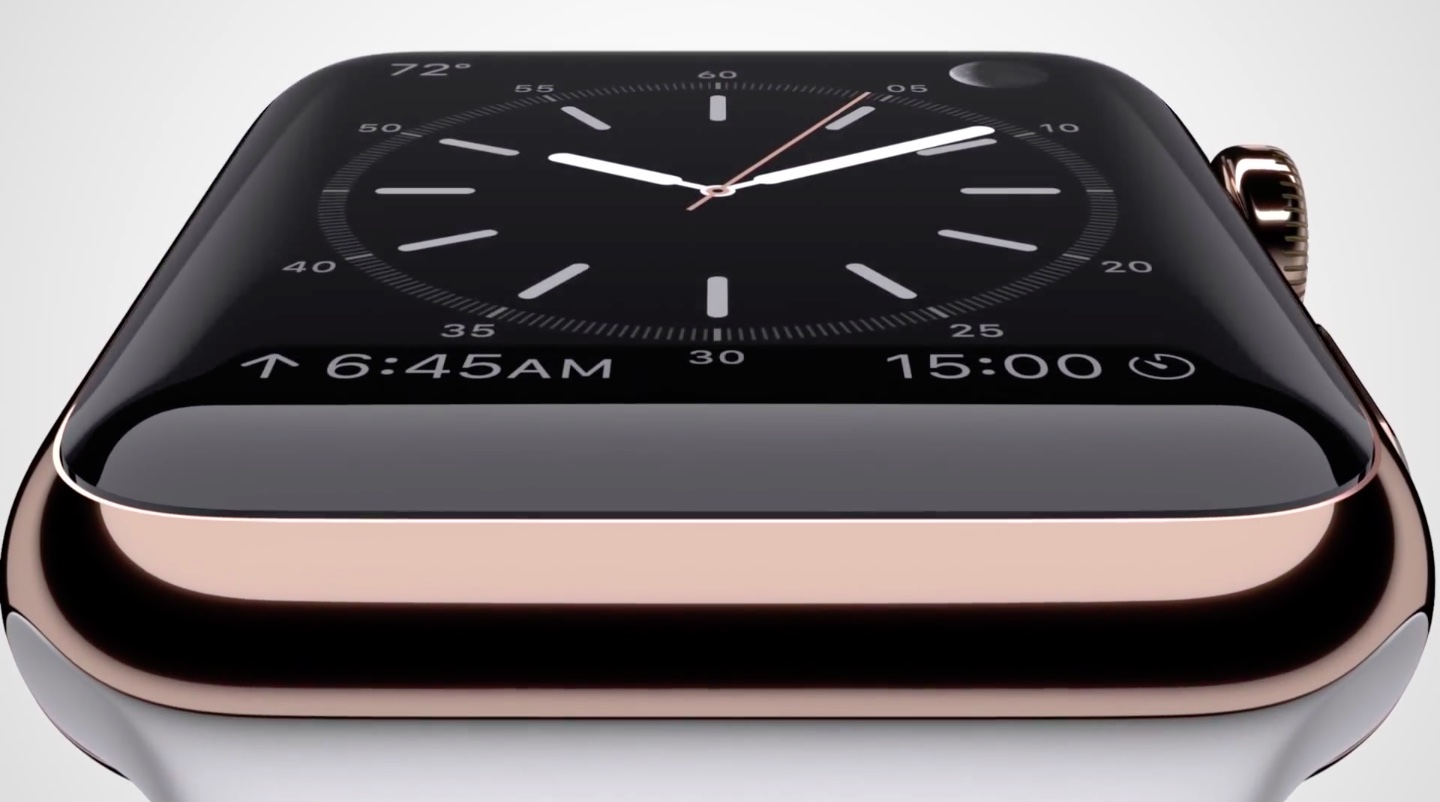
I usually don't cover companies tweeting about other companies' products, but this particular tweet posted by the official Asus account may have gone too far in belittling Apple customers.
Commenting on the 18-karat gold Apple Watch Edition, which CEO Tim Cook revealed will start at $10,000 during Monday's “Spring Forward” media event, Asus basically called those looking to buy the device crazy.
“You are really out of your mind” if you buy a gold Apple Watch, reads infographic attached to Asus' tweet...
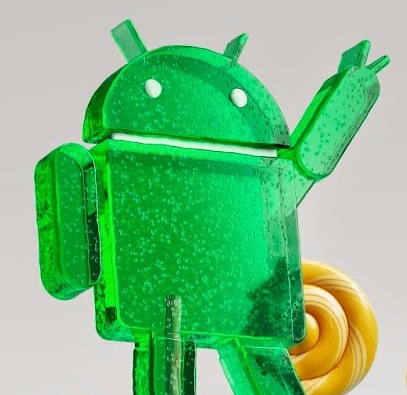
With less than 24 hours left until Apple's “It's been way too long” iPad and Mac media event, the Internet giant Google in a pre-emptive strike Wednesday officially unveiled the next major version of its mobile operating system, Android 5.0, along with the newest Nexus-branded hardware devices: a Motorola-made smartphone, a HTC-made tablet and an Asus-built game console and media streamer.
“A sweet new take on Android,” Android Lollipop is actually the Android L software the search giant teased at its Google I/O conference back in the summer. Containing over 5,000 new APIs for developers, Lollipop has been designed to be flexible to support all screen sizes and devices while taking Android's customization to the next level.
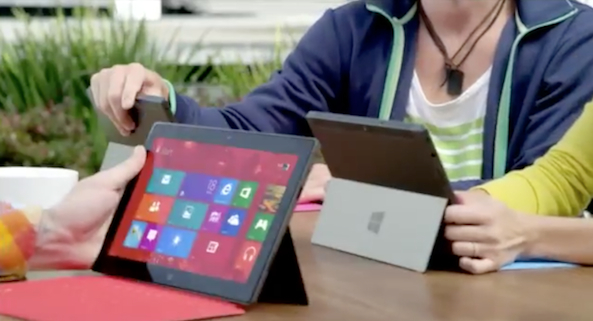
Wow, that was quick. Following on yesterday's Windows 8 commercial which uses Apple's Siri to highlight the iPad's perceived flaws - such as its $499 price point versus an Asus VivoTab Smart and lack of Office (go figure), the Redmond-based software giant today release another ad along the same lines.
Suggestively titled 'Comparison: iPad vs. Windows 8 Tablet', the commercial pits an iPad 4 against an Asus Vivo Tab RT, which is based on the same ARM CPU technology like Apple's tablet. However, the software maker has been caught cheating...
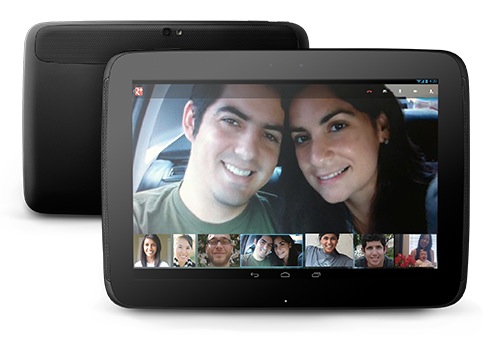
Here's an interesting tidbit we found this morning: Microsoft's Surface tablets could actually be outselling Google's latest Nexus 10. We understand every scuffle between Google and Apple is actually a proxy for the battle between Android and iOS, so the statement by blogger Benedict Evans caught our eyes. According to Evans, the Samsung-made Nexus 10 likely sold around 1.01 million of the Google tablets by the end of March.
This compares to the 1.5 million Surface tablets Microsoft has reportedly sold - not to mention the ten million iPad mini tablets purchased in just the last two months of the fourth quarter in fiscal 2012. While the latest Nexus tablet is no threat to the iPad, the calculations suggest something more important: strong distribution and a well-defined ecosystem can overcome big-name rivals...
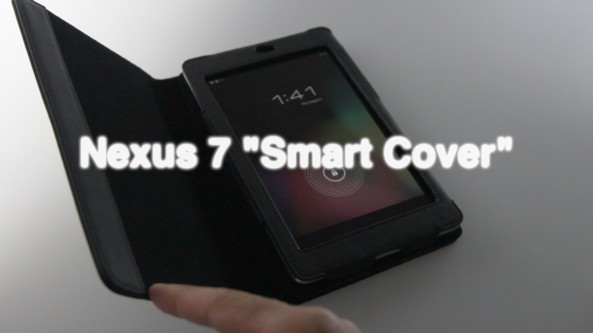
Today I received my Nexus 7 "Smart Cover". Okay, it's really just a bulky case, but it closely mimics the function of Apple's innovative means of screen protection. I ordered it simply to compare it to Apple's original version of the Smart Cover.
As you have probably heard, the Nexus 7 contains an unadvertised feature — magnets on the front right-side of the device, which very much imitate the iPad's sleep/wake functionality.
Should Apple be upset with this unadvertised feature?
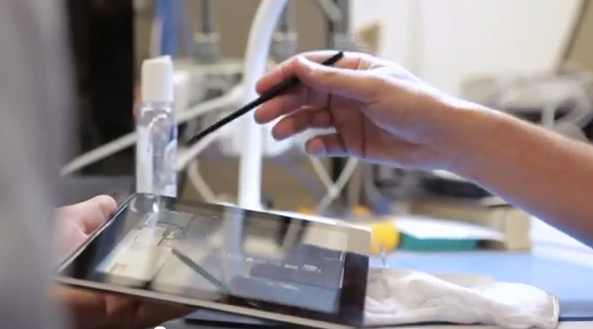
The iPad is increasingly looking like a big success story for Apple though investors have been largely ignoring the fact due to their fixation with the iPhone, which fell three million units short of predictions in Q2 2012.
During the June quarter, Apple sold 17 million iPads, an 84 percent increase over the 9.25 million iPads sold in the year-ago quarter and up from the 11.8 million iPads shipped in Q1 2012. In just twelve months, Apple increased its share by almost seven percentage points, from 61.5 percent in Q2 2011 to a whopping 68.2 percent in Q2 2012.
Samsung and Asus also gained, the former on the heels of its Galaxy Tab lineup that Apple thinks copies the iPad's look and feel, and the latter based on strong sales of own products and the Nexus 7 which Asus makes for Google...